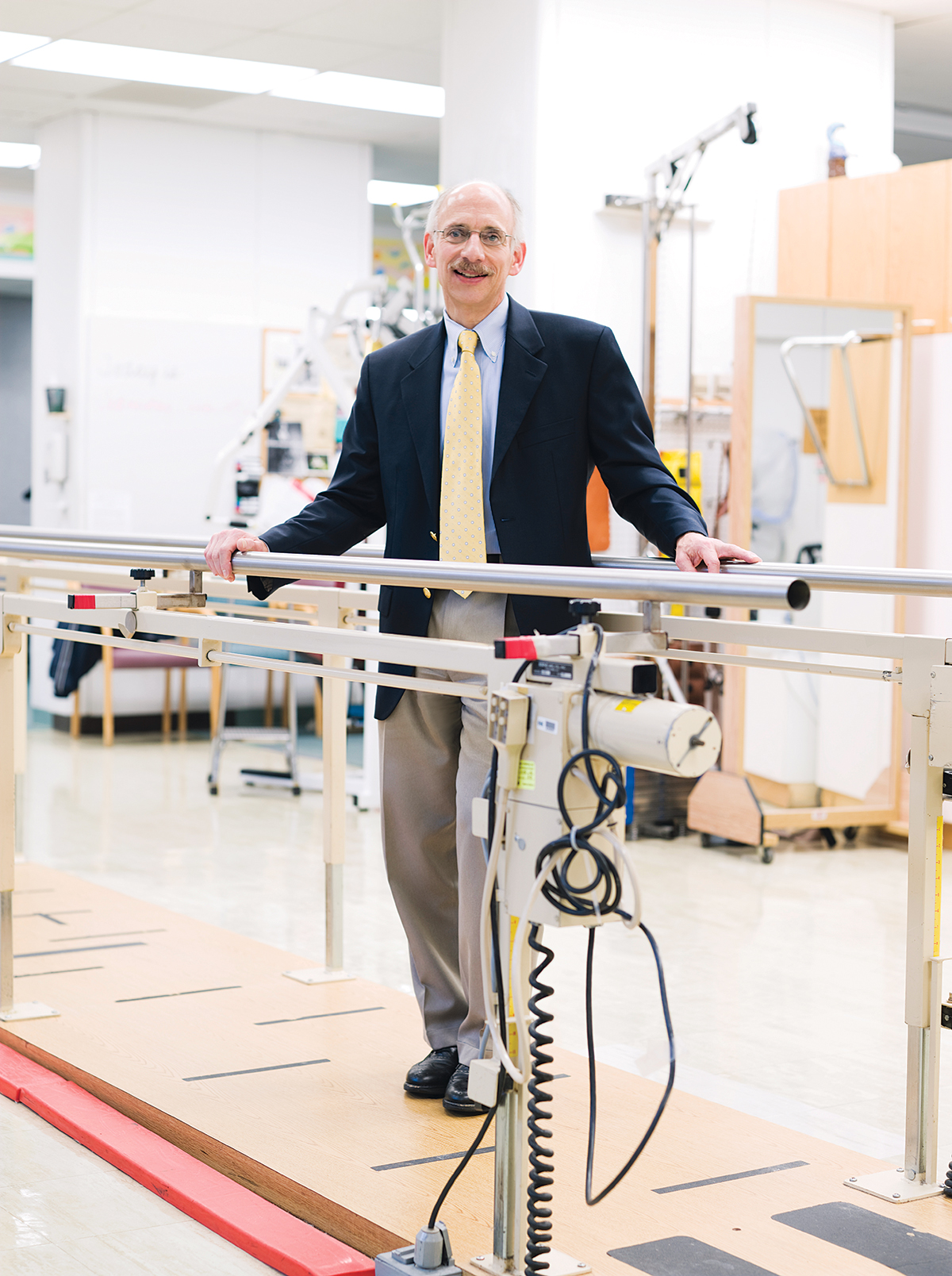Making the Rounds with Boston’s Top Docs

Photograph by Christopher Churchill
DR. LEWIS LIPSITZ
Geriatrics
Hospital affiliations: Beth Israel, Hebrew Rehabilitation Center/Hebrew SeniorLife
Board certification: Internal medicine/geriatrics
Education: University of Pennsylvania School of Medicine
Years in practice: 29
Why did you become interested in geriatrics? Geriatrics is still one of the frontiers of medicine, since it’s really only recently that people have begun experiencing old age—a century ago the average life expectancy was 47, and today it’s well over 80. So it’s exciting to be in a field on the cutting edge.
What do you find most rewarding about it? Old people are fun! They have a wonderful amount of history, great stories to tell, and a wide breadth of experience that teaches me every day.
What’s the biggest challenge facing geriatricians? Our healthcare system pays for technology and procedures, not for time and thought. Talking to patients and their families on the phone; reviewing decades of medical records; coordinating patients’ social needs, housing, day-to-day nursing care…all that receives zero reimbursement. That’s part of the reason there are very few geriatricians, far fewer than what we need. It’s a crisis.
Aside from recruiting more geriatricians by paying them better, how do you bridge that gap? By not necessarily training specialists, but making sure that every physician has a good background in geriatrics. Our academic program, for instance, recently received $2 million from the Donald W. Reynolds Foundation to teach medical students and physicians in all disciplines how to better care for older people.
What are some misconceptions about your specialty? That geriatrics is all about death and dying. It isn’t—it’s about living as comfortably and well as possible. Also, geriatrics isn’t all about the old. We’re about preventing disease as much as treating it, so geriatrics truly starts in middle age, dealing with things like hypertension, high cholesterol, inactivity, and so on.
What’s your best health advice? Use it or lose it. It’s absolutely clear that exercise, both of the body and the mind, helps ensure healthy aging. And we know that social engagement can help people heal more quickly from things like strokes and heart attacks, so keep active: join a club, volunteer.
What would your patients be surprised to learn about you? I’m a sort of do-it-yourself home-repair handyman—you’ll find me standing on my roof fixing a gutter or crouched in a corner of my basement repairing a pipe.